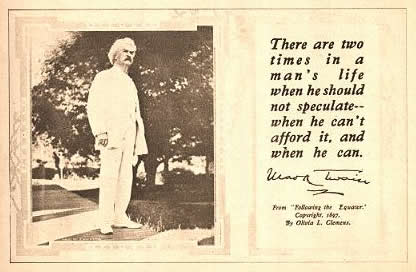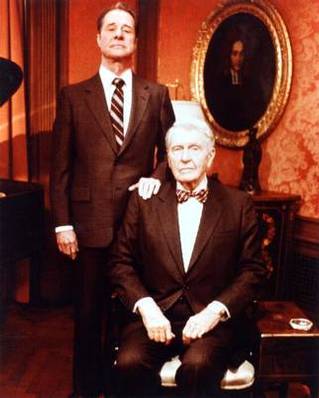Oh No! The Free Market Is Acting Like a Free Market!

Much has been written lately about how “speculators” might be impacting crude oil markets and other commodities markets, such as corn. Some analysts even told Congress recently that gas prices could go as low as $2 a gallon if Congress acted to limit market speculation.
That sounds more than a little fishy to me. Speculators, like everyone else trading in the market, are trying to make money. That requires that they be correct about their “speculation”; otherwise, they take a bath. Note that speculation is not the same as market manipulation, which is impacting the market through fraudulent activities, like wash trading or false price reporting.
Increased numbers of speculators are driving up prices, but I think that the resulting price increase is primarily the result of a proper market reaction. This all seems analogous to a "value gap" that triggers a leveraged buyout, merger, or tender offer, which leads to a bidding war, ratcheting up the price well beyond the trading price of the stock. (See, for example, the RJR Nabisco sale chronicled in Bryan Burrough and John Helyar’s book, Barbarians at the Gate, subsequently a film starring James Garner).
 Quite simply, the market price for oil has been impacted by “new money” interested in the market. Whether it is a hedge fund or pension fund or other investors moving to the market because of the decline of the dollar and rising inflation, there are additional market participants that have joined the fray. But this is not inherently a bad thing. There are just some new people who think the commodities are worth more than the market reflected in the past. But these speculators need to be “right” for the market to stay at these levels. Just ask Time Warner about that purchase of AOL, or Mortimer and Randolph Duke.
Quite simply, the market price for oil has been impacted by “new money” interested in the market. Whether it is a hedge fund or pension fund or other investors moving to the market because of the decline of the dollar and rising inflation, there are additional market participants that have joined the fray. But this is not inherently a bad thing. There are just some new people who think the commodities are worth more than the market reflected in the past. But these speculators need to be “right” for the market to stay at these levels. Just ask Time Warner about that purchase of AOL, or Mortimer and Randolph Duke.This is not to say that sky-high prices in both fuel and food markets are not a concern. Rather, we need to stop focusing on speculators and market manipulators as the primary cause, and look deeper into how current policies create the markets themselves. Market regulators can and should look for those defrauding or cheating the market. Congress, on the other hand, should be looking at the markets themselves, rather than complaining about a (relatively) free market acting like a free market.
If Congress is going to fix the problem, the focus needs to be on figuring out how to reduce our use of and reliance on foreign energy, improve gas mileage and use of other fuel sources for vehicles, expand energy-efficiency measures in homes and businesses, and promote sustainable activities in farming and energy production. But then, this is a lot more work, for a lot less media coverage, than complaining about rogue speculators.










0 Comments:
Post a Comment
<< Home